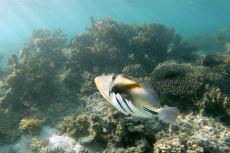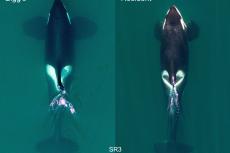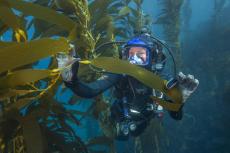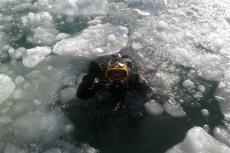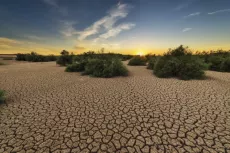University of Surrey makes recommendations to improve communication around climate change decision-making
The University of Surrey is working to improve communication on climate change by examining the work of the Intergovernmental Panel on Climate Change (IPCC) to empower it to work closer with decision-makers on the ground.
The IPCC is an international body created to assess the science of climate change and provide rigorous and balanced scientific information to decision makers.
The IPCC’s Working Group II (WGII) on Impacts, Adaptation and Vulnerability assesses evidence on the wide range of impacts and risks of climate change and identifies options for responses.
Through a series of workshops with academics, policy officials and decision-makers in the UK, the research shows how WGII has been used to inform decision-making and how practitioner responses to climate change could better inform the IPCC process in the future.
The project was led by Dr Candice Howarth in collaboration with Mott MacDonald, the University of Leeds, University College London and Anglia Ruskin University. It aims to help transform the input of practitioners, who are engaged in the development and application of practical responses to climate change on the ground, into the detailed choice of evidence for IPCC review and in the conclusions drawn.
Candice Howarth, Senior Lecturer in the School of Hospitality and Tourism Management (SHTM), said: “Climate change is a vital issue to all of us, so we are looking at positive and constructive ways to aid communication and responses to climate impacts. Our recommendations will hopefully increase the co-production of these approaches.
“One of the issues is that the process of how knowledge on climate change is generated and disseminated is largely undirected, and that the gap between science and practitioners is a barrier to progress in climate change adaptation.
“This is why we need an approach that co-produces these reports more with academics, policy-makers and practitioners. This would make the work of WGII more aligned with the needs of decision makers, funders and deliverers of adaptation and resilience solutions.
“We would also suggest that a practitioner-led IPCC Special Report should be commissioned on good-practice responses to climate change.
“We finally recommend that a new body is created, attached to the IPCC, to synthesise and report on good practice on climate response strategies in a timely manner.”
These recommendations would let the IPCC become more directly useful to decision-makers working on climate adaptation at the national, regional and local levels, as well as make it easier to carry out decisions.
By incorporating practitioner-based evidence in the IPCC process, the produced outputs such as its Working Group reports could more accurately reflect the evidence based on climate adaptation on the ground.
Dr Howarth continued: “The IPCC already works with practitioners but we recommend that the IPCC WGII should incorporate more practitioners as authors. This will improve awareness and understanding among the writing teams of the nature and detail of decisions being made in response to climate change.
“It’s a win-win situation where more experience and input is utilised into the decision-making process in the vital area of climate change.”
- Log in to post comments







